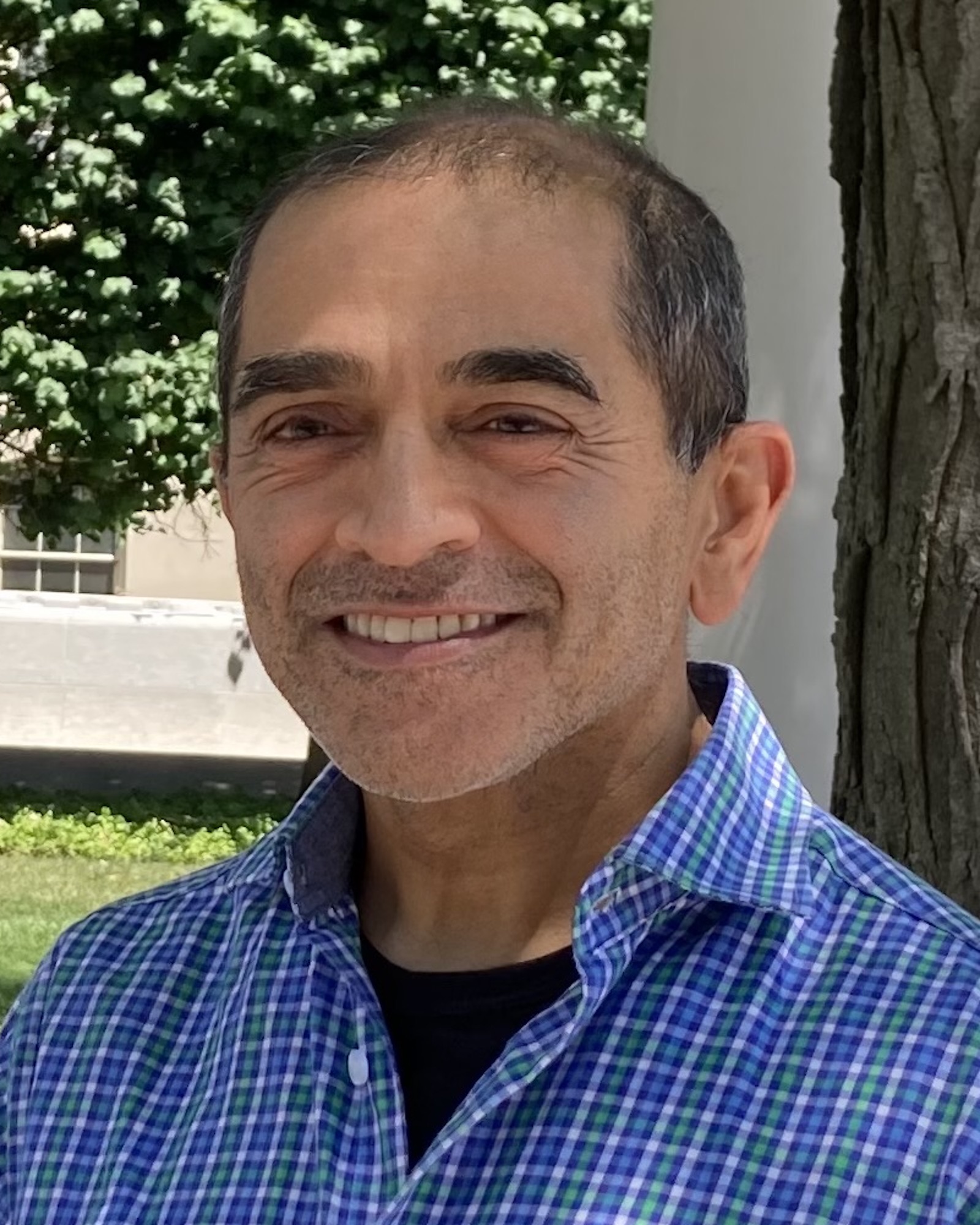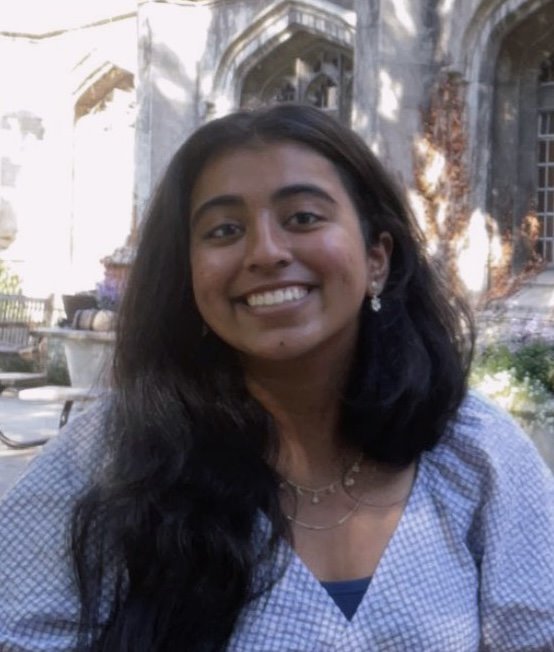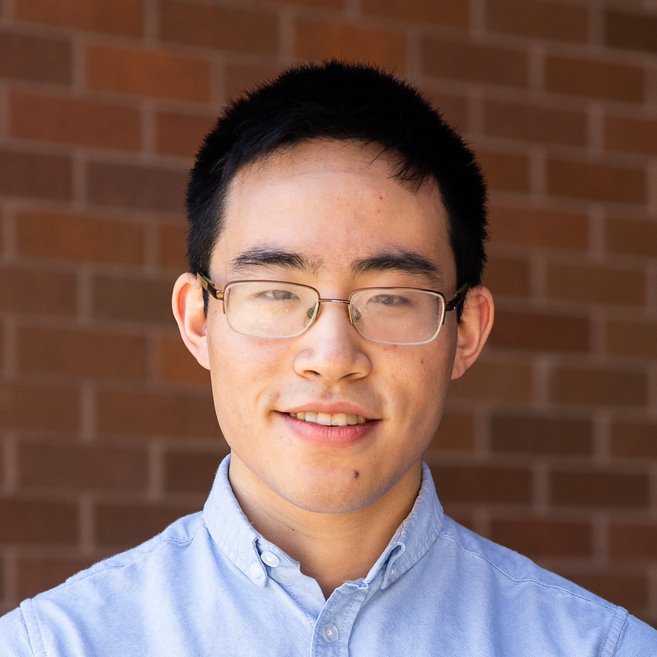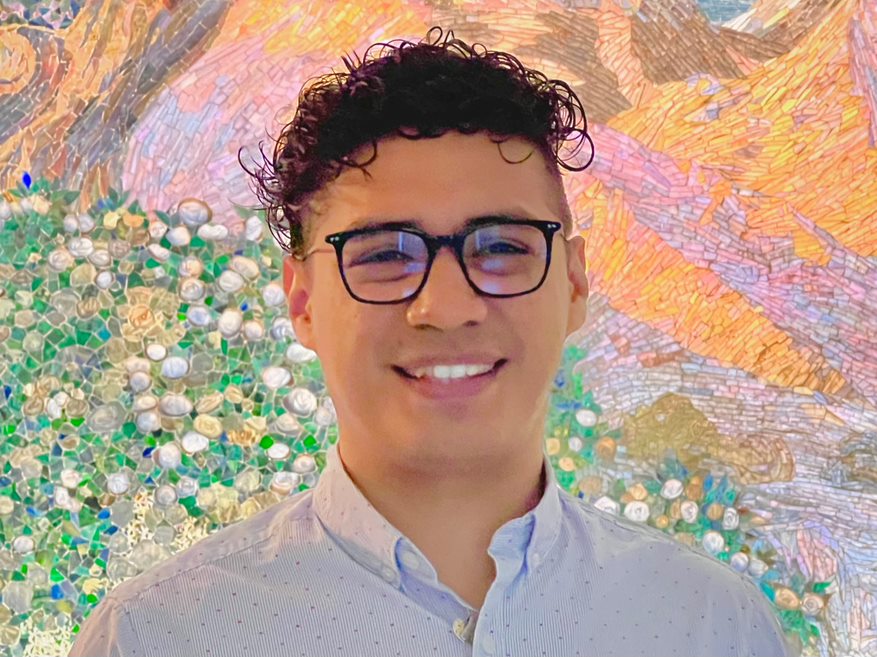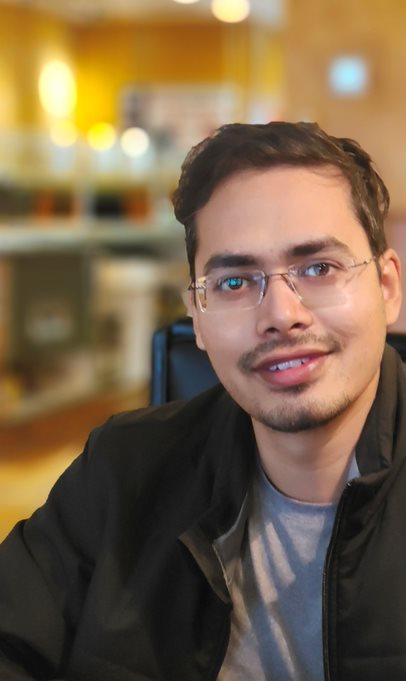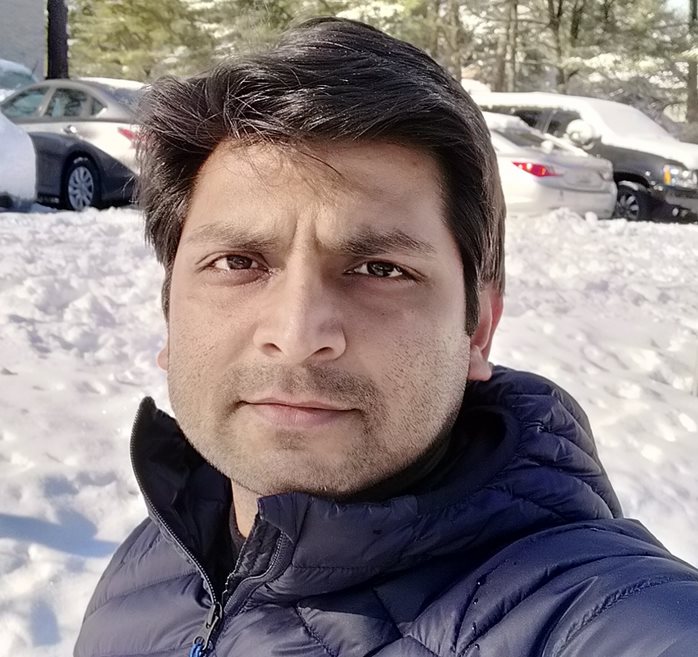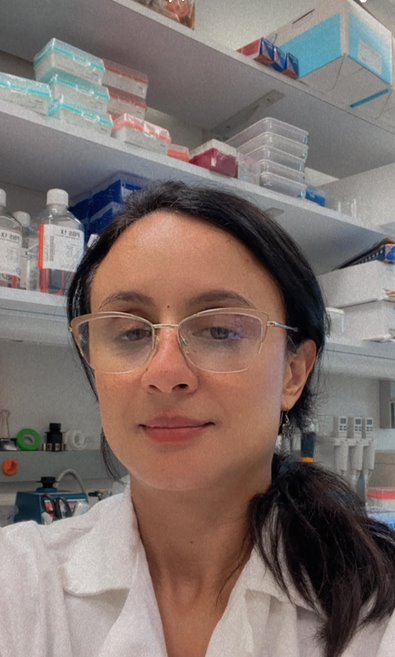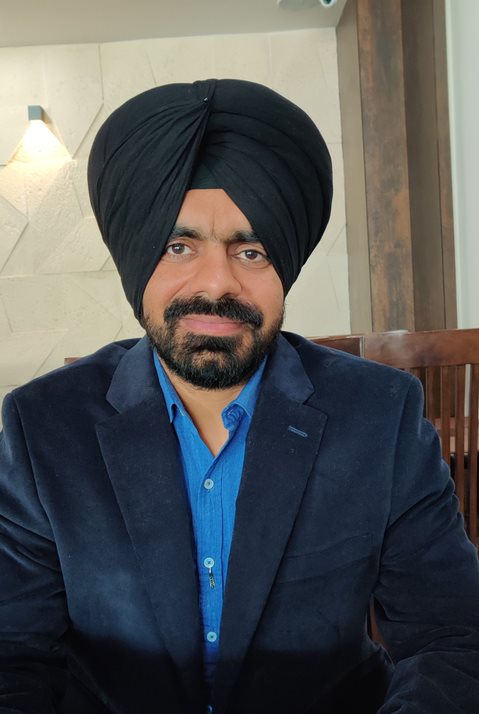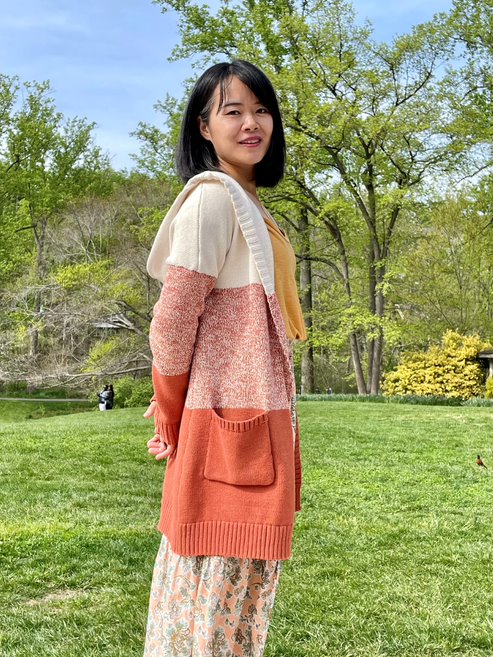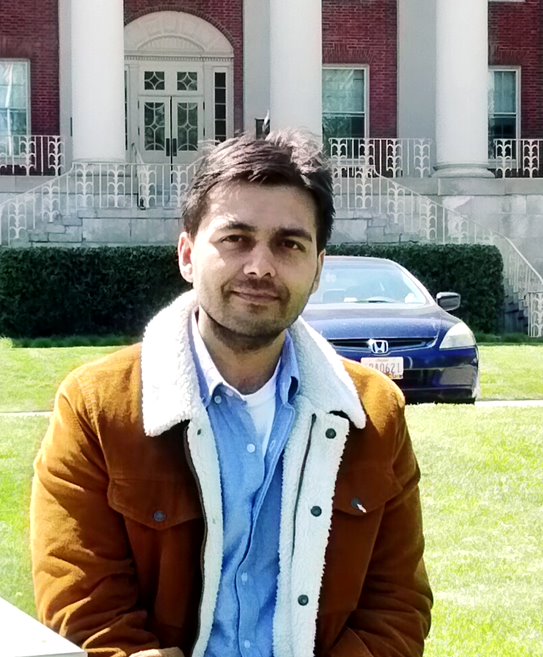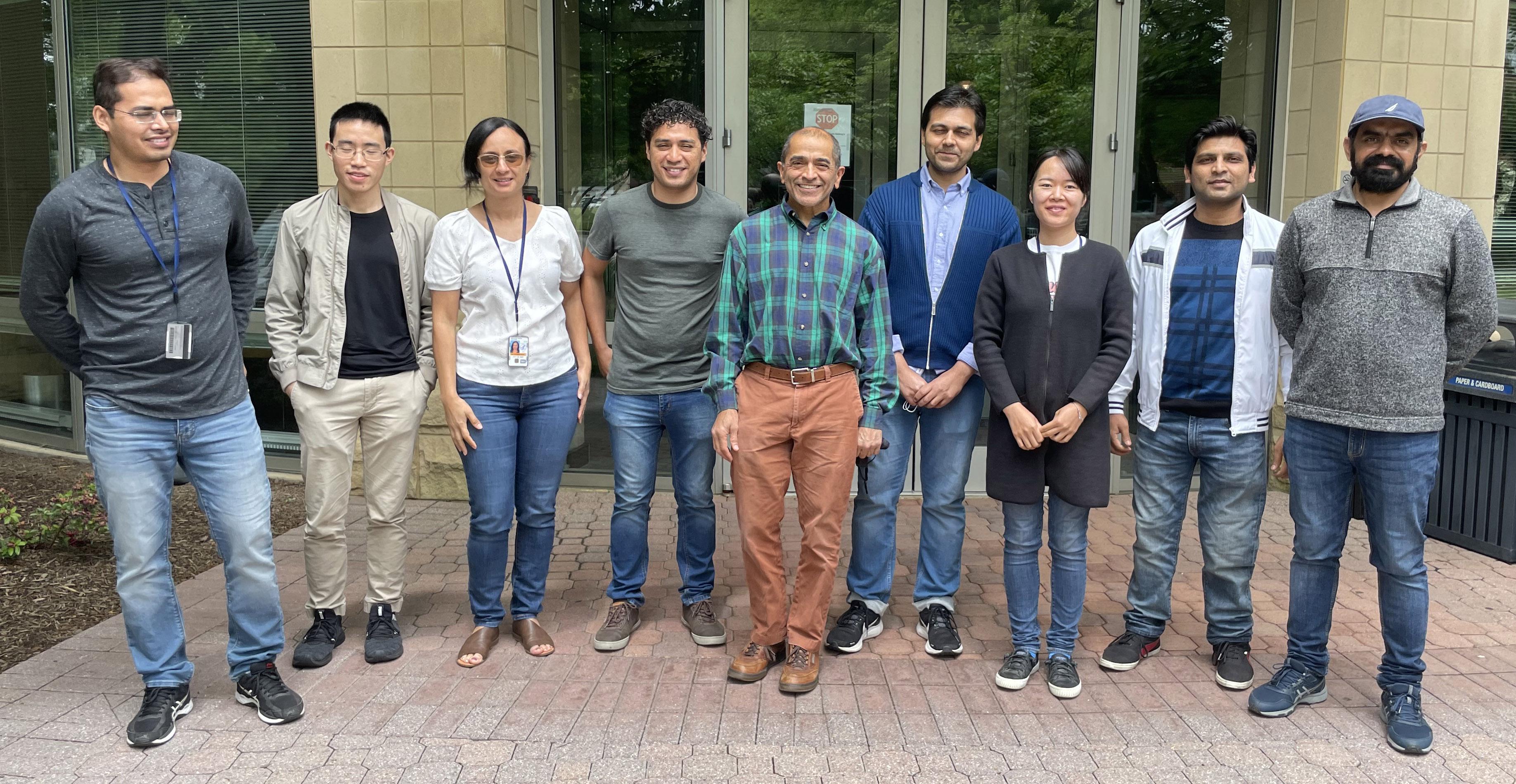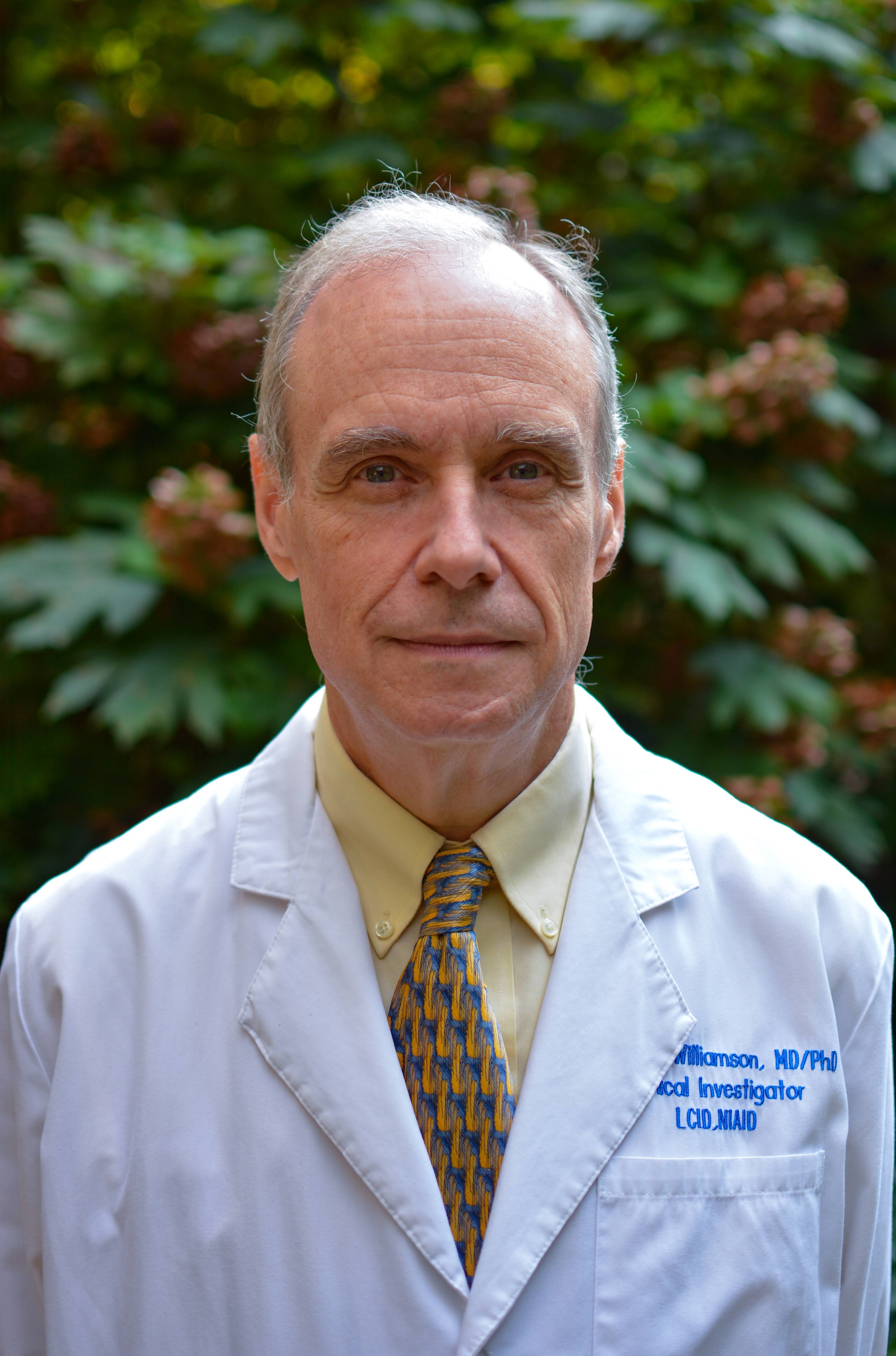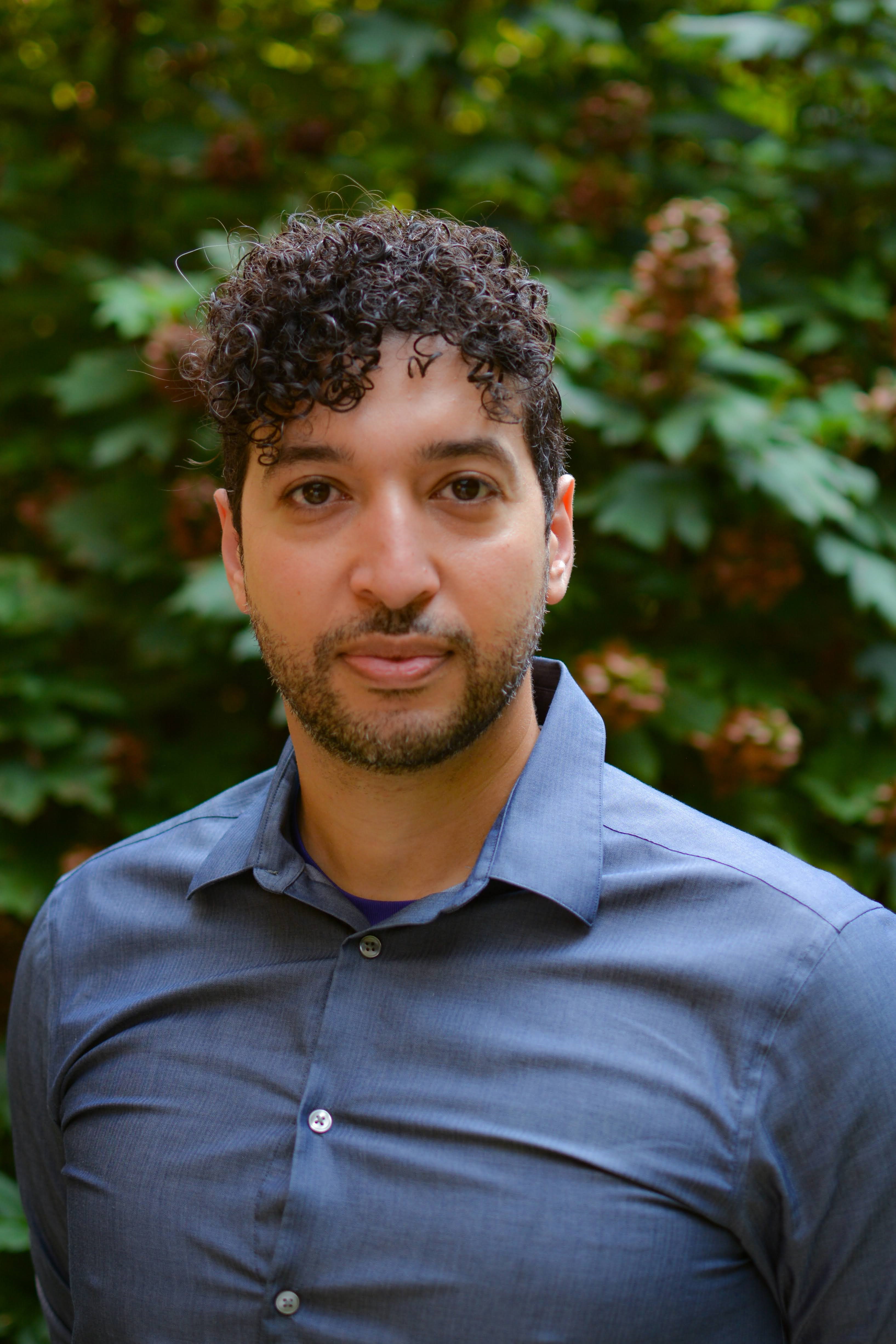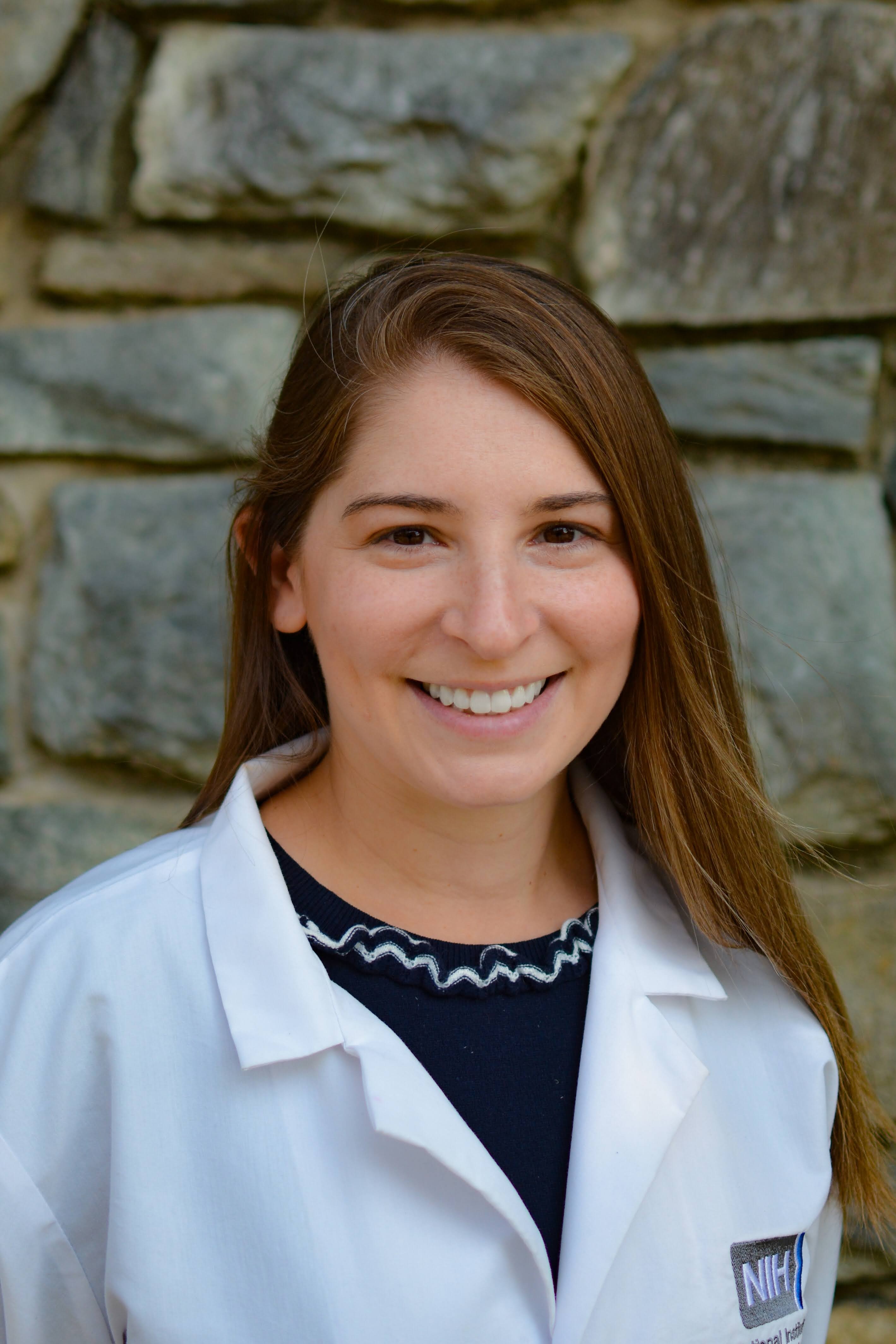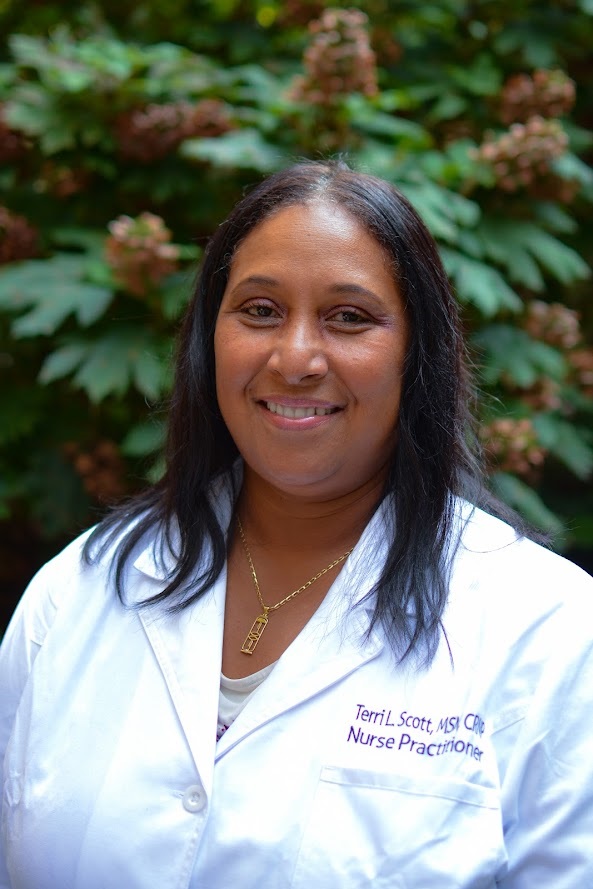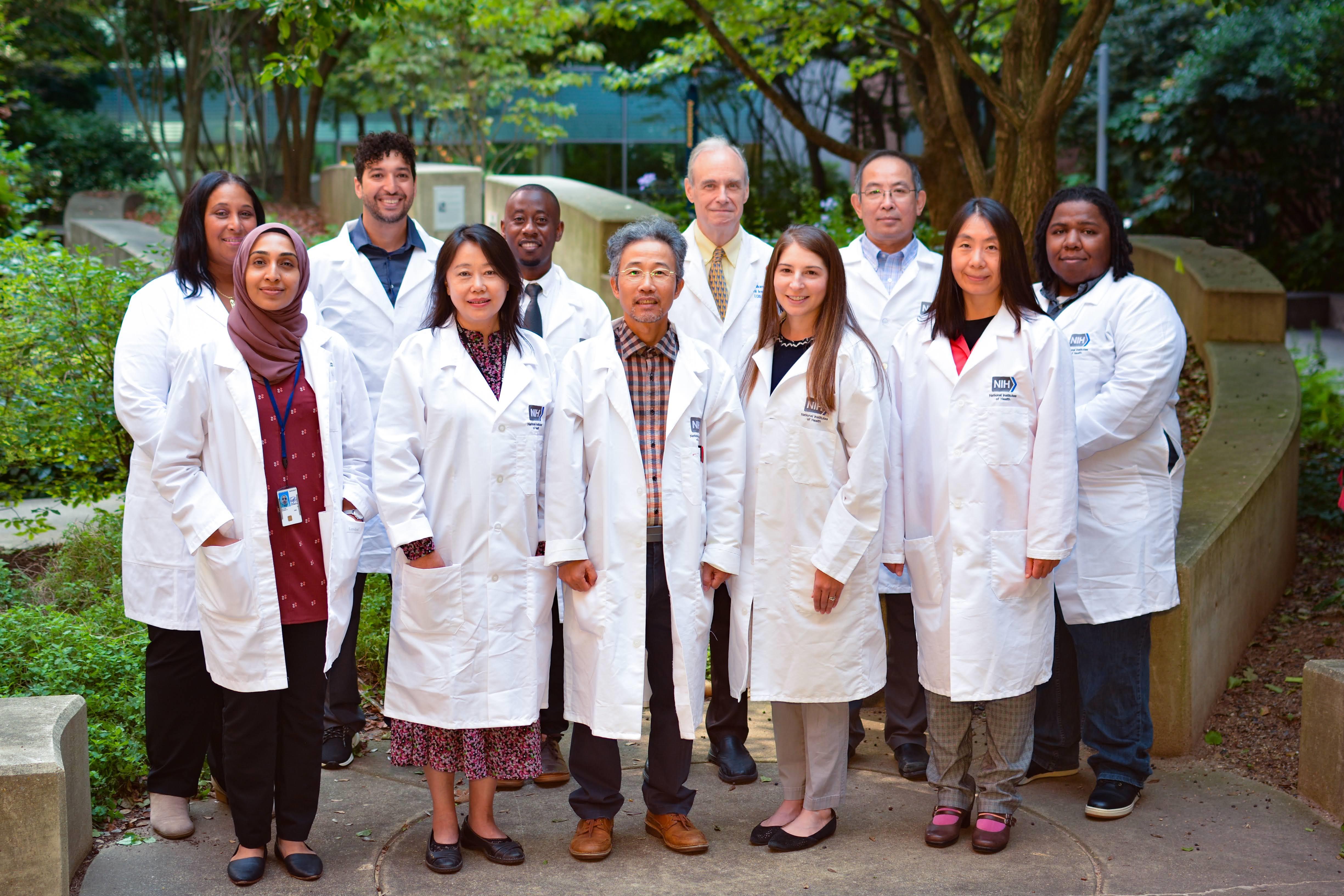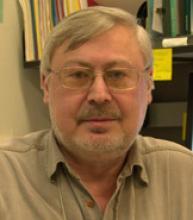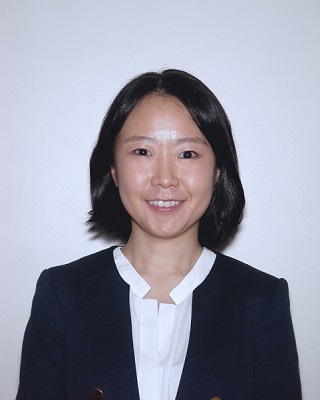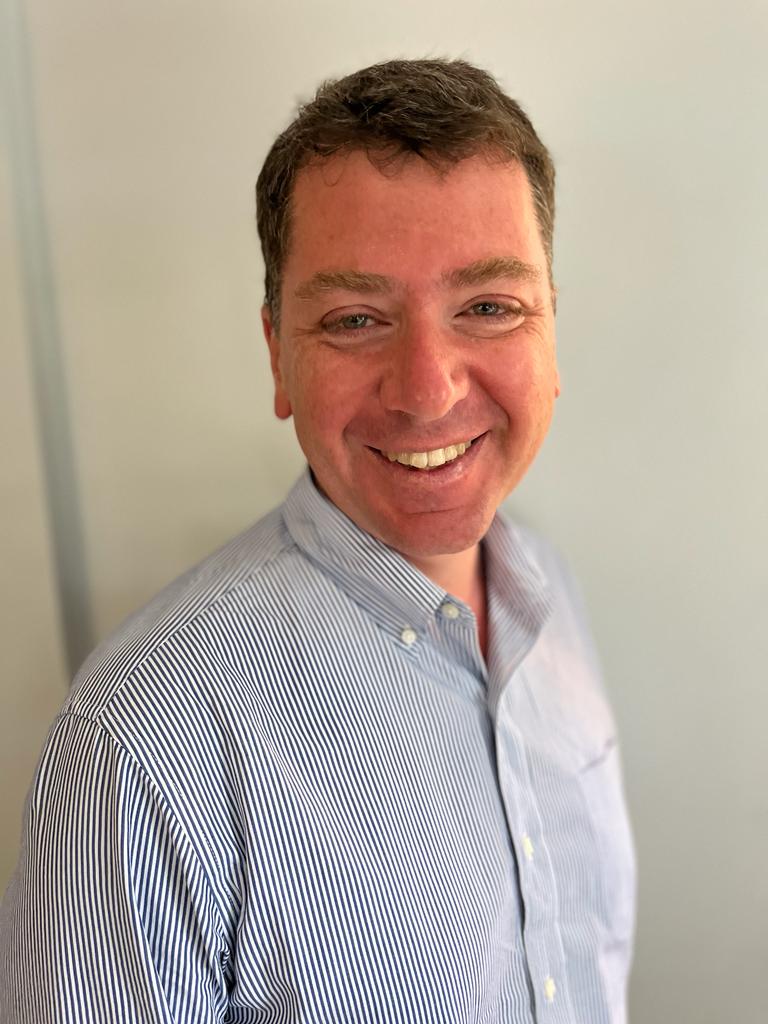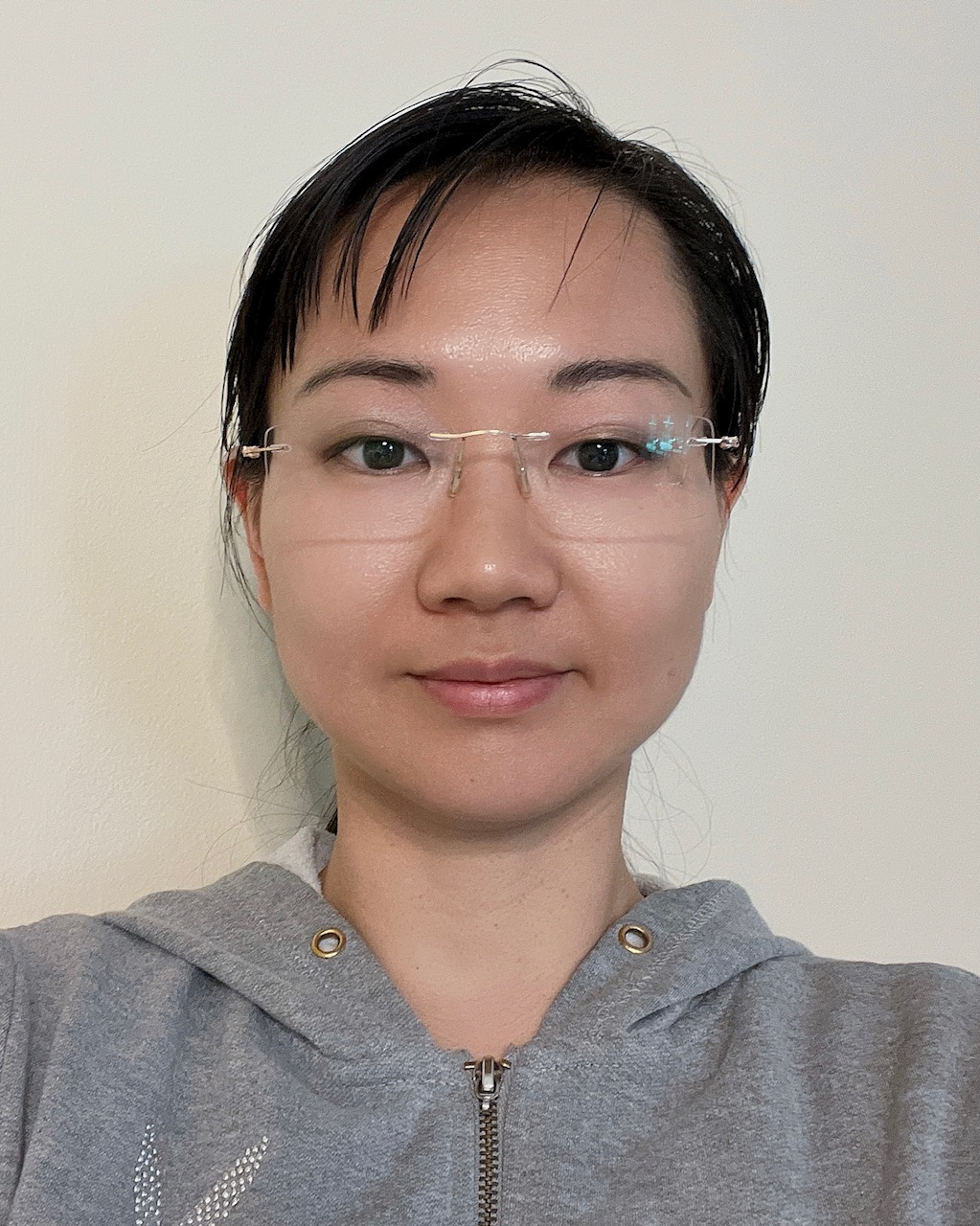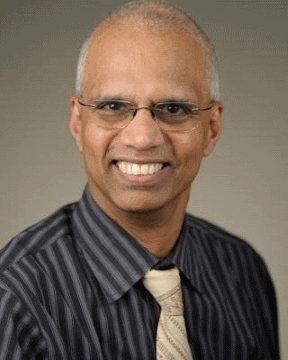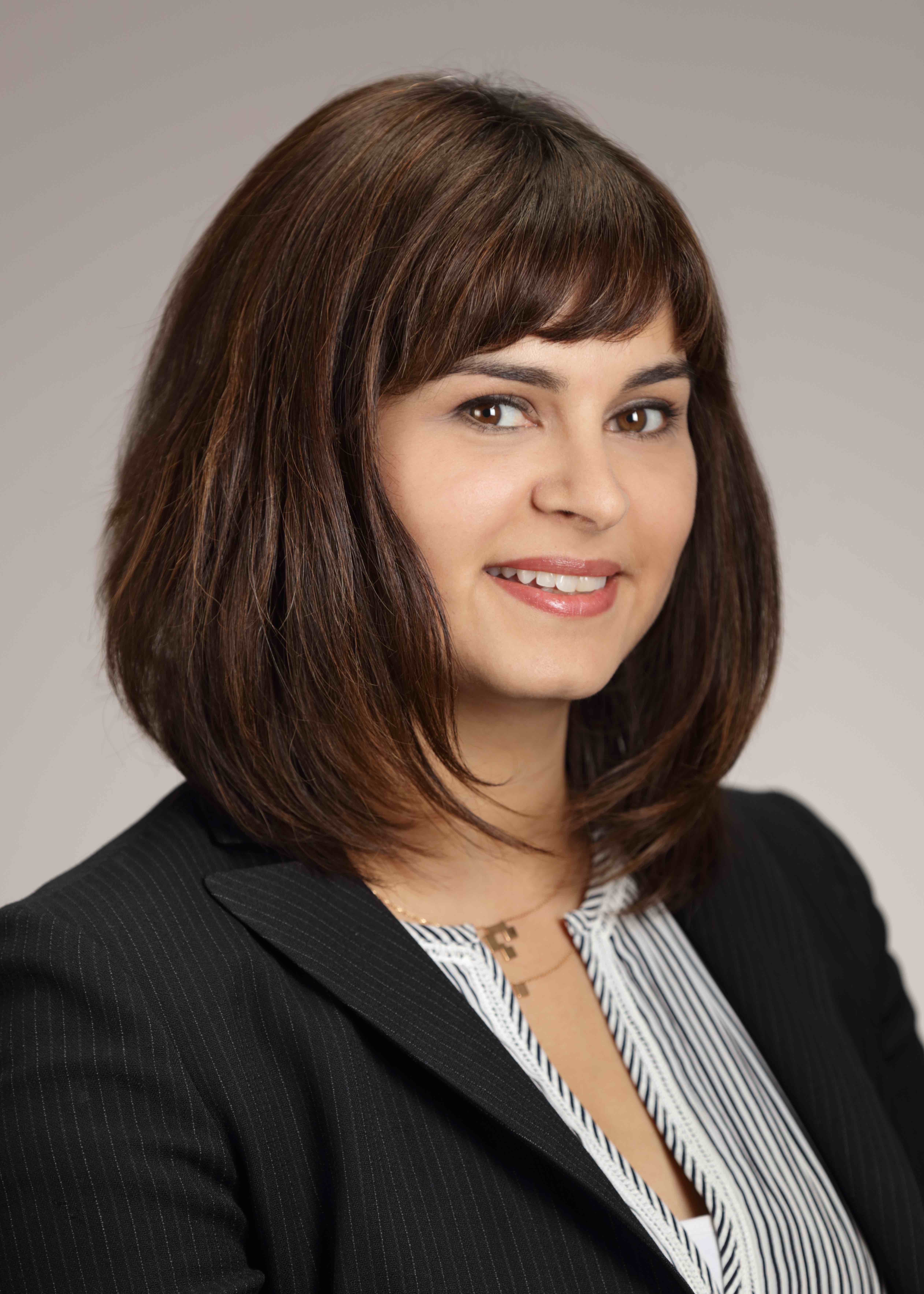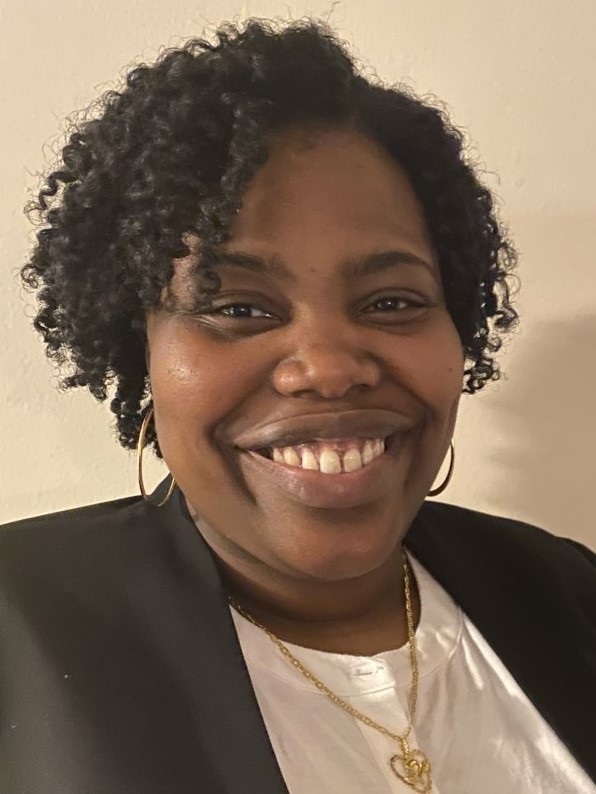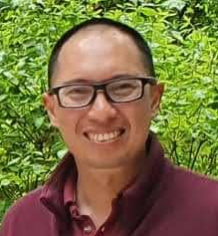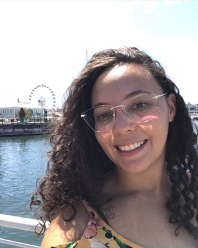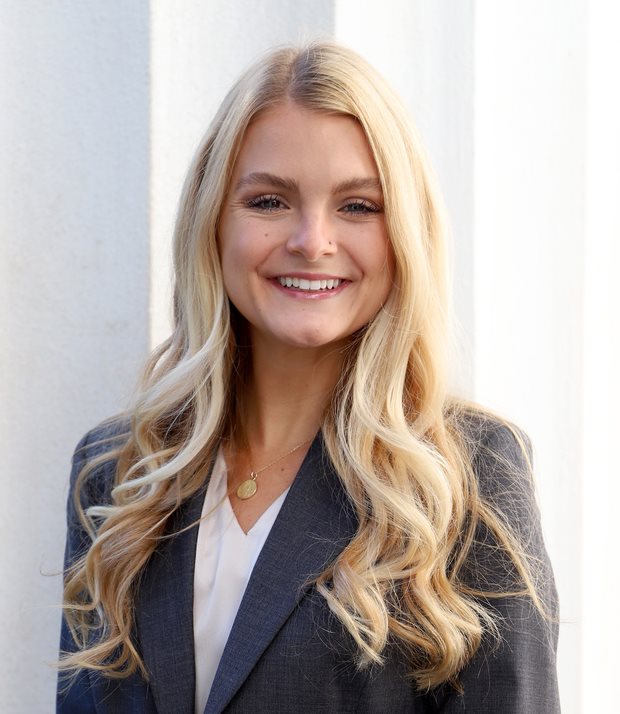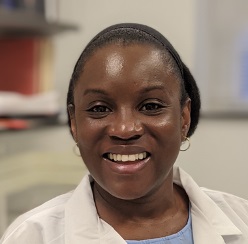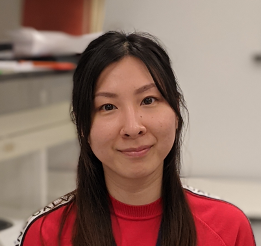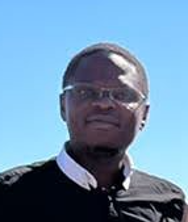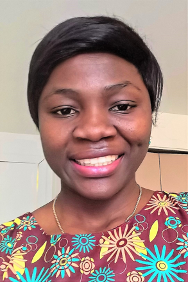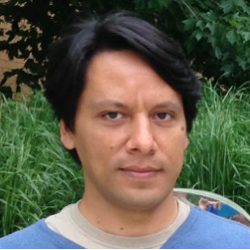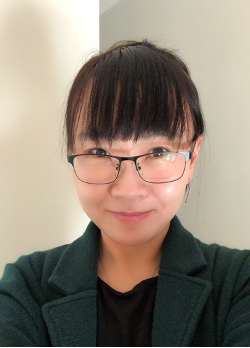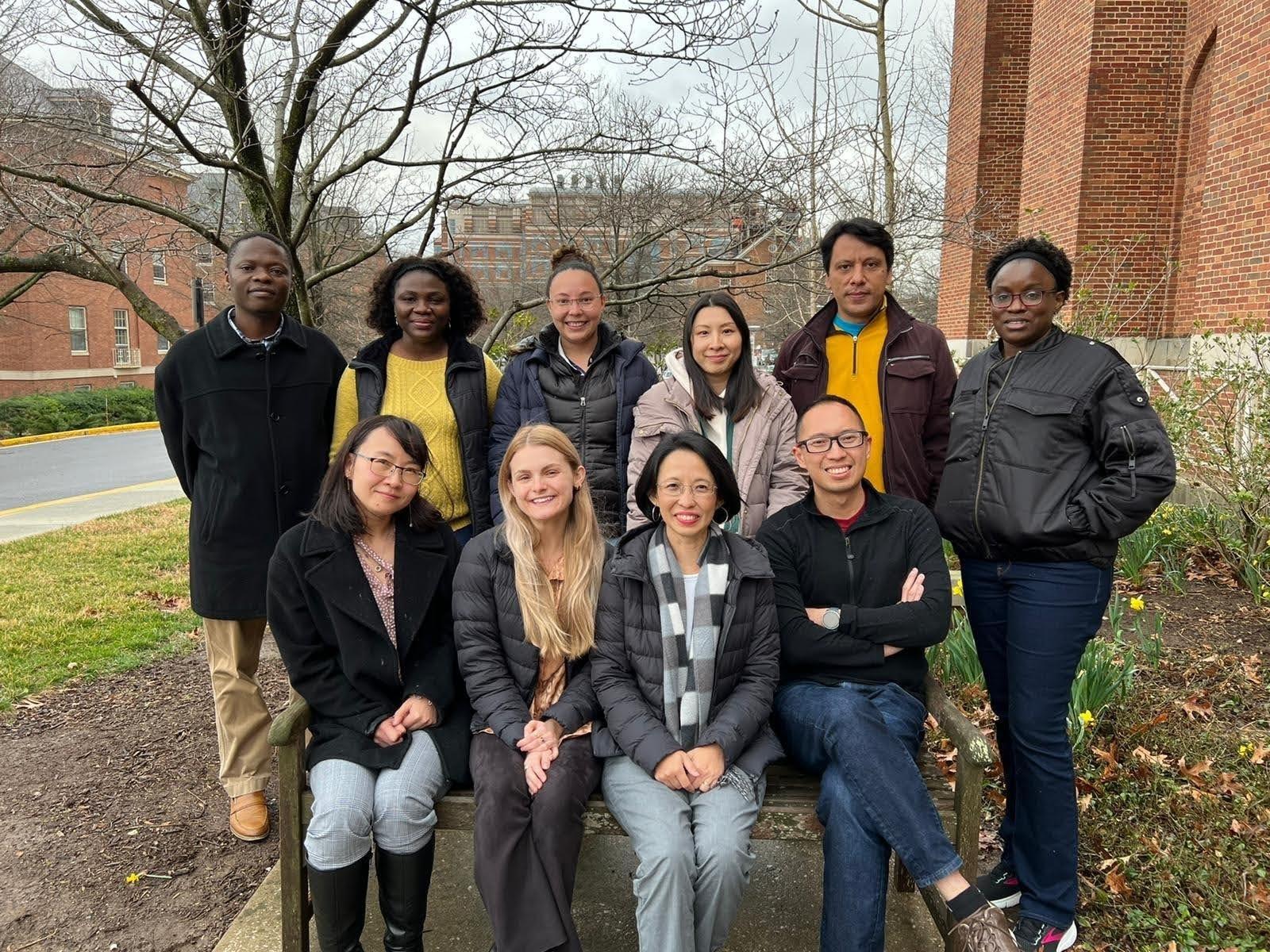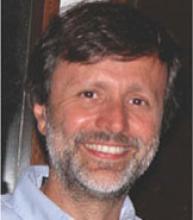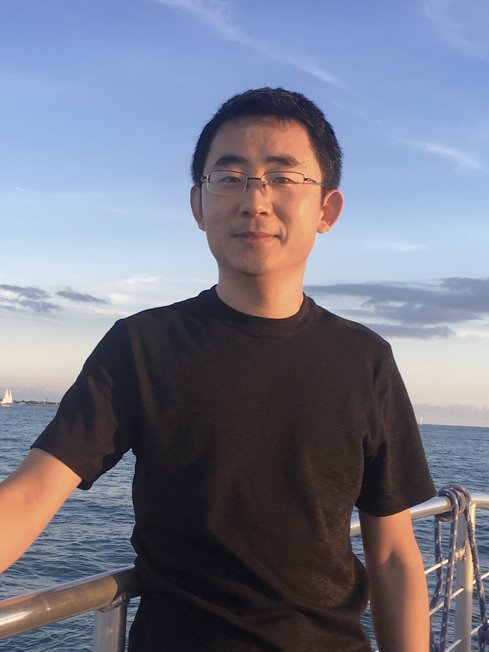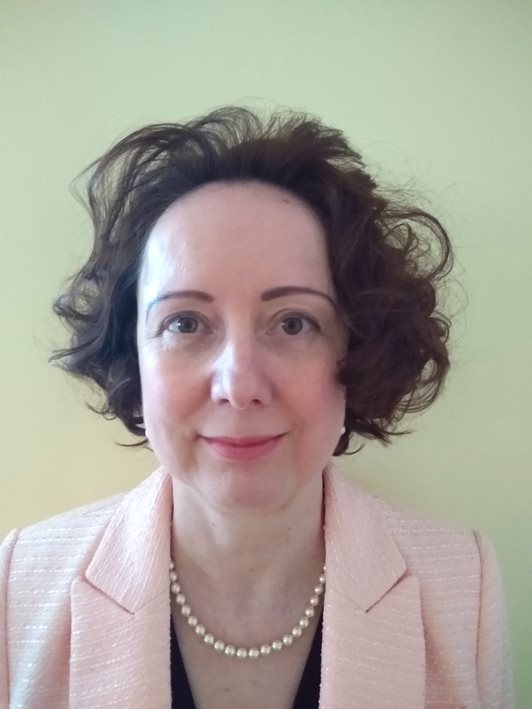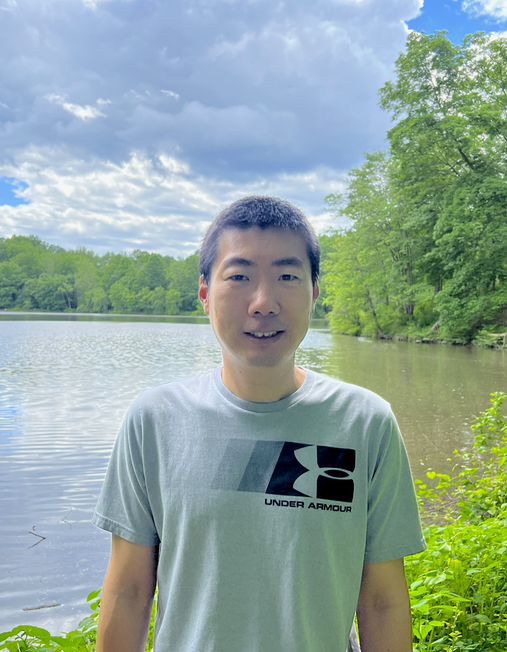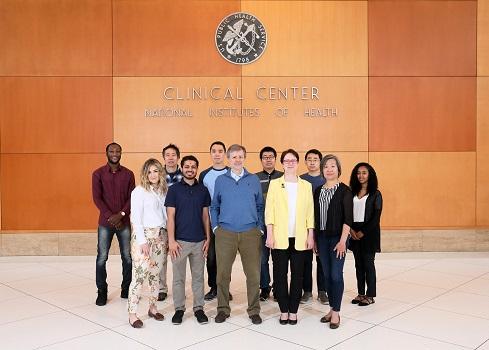Our interdisciplinary team studies how the immune system develops and functions through the lens of RNA biology. We are interested in learning how gene expression programs are regulated post-transcriptionally with the goal of manipulating cell fate. As one application of our basic research on regulation of hematopoiesis during ontogeny, our group discovered how hematopoietic stem cells (HSCs) from an adult donor can be reprogrammed to behave like their fetal counterparts. This method provides an alternative source of HSCs from human fetal liver which one day could be used for in utero transplantation to cure inborn errors of immunity or hematopoiesis including but not limited to sickle cell disease, beta-thalassemia and many primary immunodeficiencies.
Stefan Muljo, Ph.D.
Chief, Integrative Immunobiology Section
Education:
Ph.D., The Johns Hopkins University School of Medicine, Baltimore, MD
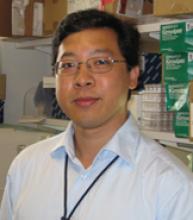
Nicholas T. Cutrona, M.S.
Biologist
Education:
M.S., Georgetown University
Zohirul Islam, Ph.D.
Postdoctoral Visiting Fellow
Education:
Ph.D., Osaka Prefecture University
Languages Spoken: Bangla
Xiuhuai Liu, Ph.D.
Biologist
Education:
Ph.D., Scuola Normale Superiore, Pisa, Italy
Patrick Thomas Smith, Ph.D.
Chemist (Lab Manager)
Education:
Ph.D., Texas A&M University
M.S., West Virginia University
Sabrina Sultana, Ph.D.
Postdoctoral Visiting Fellow
Education:
Ph.D., Osaka Prefecture University
Languages Spoken: Bangla
Alia Welsh, B.S.
Pre-Doctoral IRTA (NIH-OxCam MD-PhD student)
Education:
M.D. (in progress), University of Illinois at Chicago, College of Medicine
B.S., University of California Los Angeles
Former Research Group Members
Our alumni include but are not limited to:
Hunter Oliver-Allen, M.D., Surgeon, Plastic Surgery Northwest, Spokane, WA, USA.
Katsuya Suzuki, M.D., Associate Professor, Department of Internal Medicine (Rheumatology), School of Medicine, Keio University, Tokyo, Japan.
Cuong Kieu Nguyen, Ph.D., Senior Staff Scientist, Institute of Population, Health and Development, Hanoi, Vietnam.
Thelma Escobar, Ph.D., Assistant Professor of Biochemistry, Institute for Stem Cell and Regenerative Medicine, University of Washington, Seattle, WA, USA.
Brenna Brady, Ph.D., Project Director, Health Analytics, LLC, Columbia, MD, USA.
Joan Yuan, Ph.D., Associate Professor, Division of Molecular Hematology, Department of Laboratory Medicine, Lund Stem Cell Center, Lund University, Lund, Sweden.
Madeline Wong, Ph.D., Staff Scientist, Center for Cancer Research Genomics Core, NCI, NIH, Bethesda, MD, USA.
Young Uk Kim, Ph.D., Senior Scientist, Cellular Biomedicine Group, Inc., Rockville, MD, USA.


